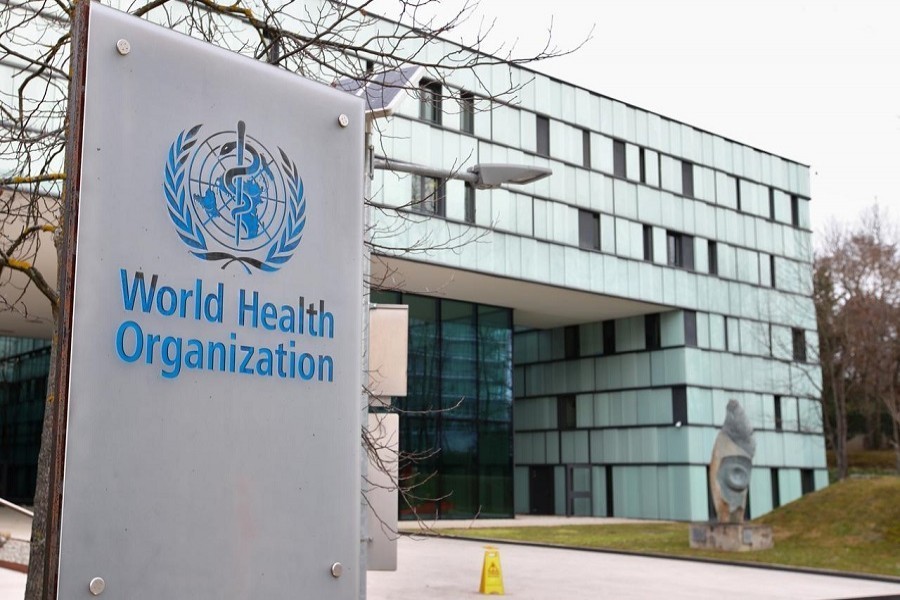
Published :
Updated :

Although the Covid vaccination rollout is the "biggest and fastest in history," many people most at risk are still not protected against the disease, the World Health Organization (WHO) said Friday, announcing an updated inoculation strategy.
The plan prioritises vaccinating 100 per cent of healthcare workers and vulnerable groups, including older people and those with underlying conditions, in line with efforts to vaccinate 70 per cent of the global population.
More than 12 billion Covid vaccine doses have been administered worldwide to date, resulting in countries reaching 60 per cent of their populations on average, reports UNB.
Yet only 28 per cent of older people and 37 per cent of healthcare workers in low-income countries have received their primary course of vaccines, and most have not had booster doses.
"Even where 70 per cent vaccination coverage is achieved, if significant numbers of health workers, older people and other at-risk groups remain unvaccinated, deaths will continue, health systems will remain under pressure and the global recovery will be at risk," UN health agency chief Tedros Adhanom Ghebreyesus said.
"Vaccinating all those most at risk is the single best way to save lives, protect health systems and keep societies and economies open."
The updated strategy focuses on the need to measure progress in vaccinating these priority groups and developing targeted approaches to reach them, which also includes gaining greater access to more displaced people through humanitarian response.
Accelerating the development of improved vaccines, and ensuring equitable access to substantially reduce virus transmission, is a top priority.
While current vaccines were designed to prevent serious illness and death, and have saved millions of lives, they have not substantially reduced transmission, the WHO said.
With Covid still circulating widely, and new and dangerous variants emerging, the UN agency stressed that it is fundamental to continue investing in research and development towards more effective and easier ways to administer vaccines, such as via nasal spray products.


 For all latest news, follow The Financial Express Google News channel.
For all latest news, follow The Financial Express Google News channel.